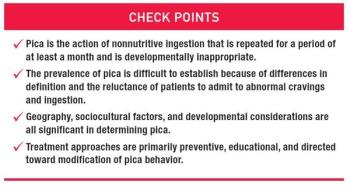
In the era of genomics, psychiatry-like all areas of medicine-will likely undergo radical change. As genetic risk factors are uncovered and the dynamic nature of gene expression is elucidated, novel approaches to prevention will diminish or preempt diagnosis and treatment for many psychiatric and neurobehavioral disorders.



